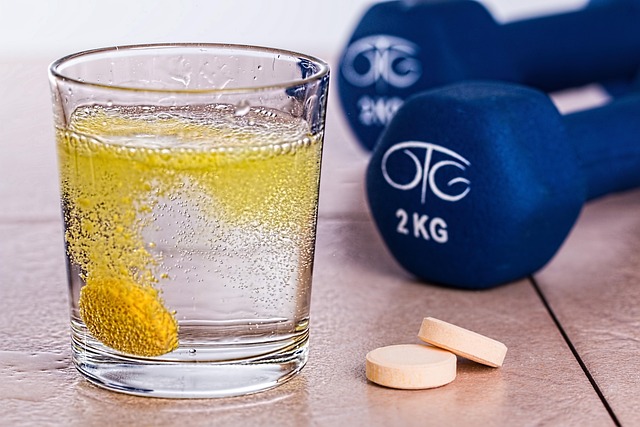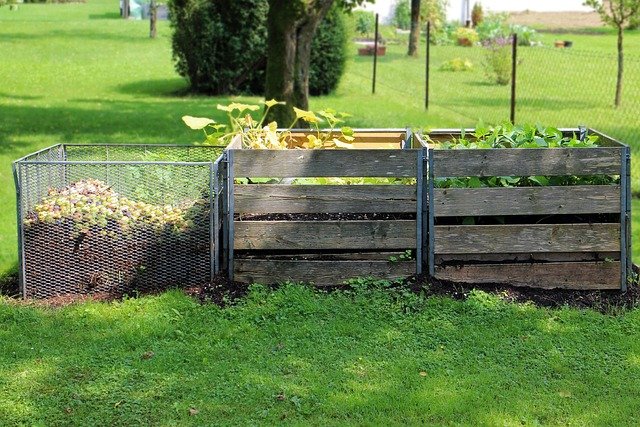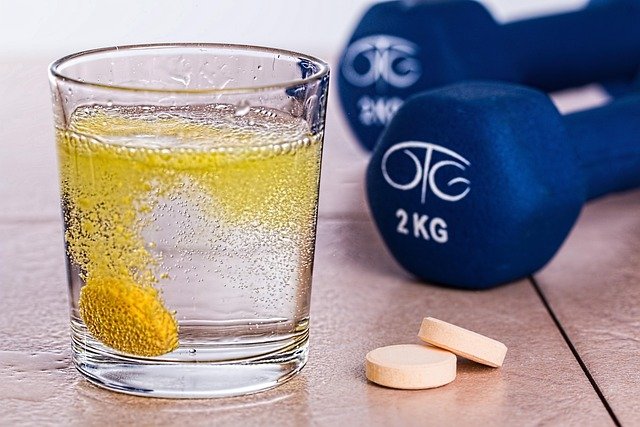Stress Management Tools Backed by Recent Research
Stress affects concentration, sleep, immunity, and daily energy. Recent research highlights a range of practical tools—rooted in nutrition, sleep hygiene, movement, hydration, and psychological practice—that help reduce acute stress responses and support recovery. This article summarizes accessible approaches backed by evidence and shows how to assemble them into a balanced routine.

Stress Management Tools Backed by Recent Research
Mindfulness and stress
Mindfulness practices—short guided breathing exercises, body scans, and focused attention meditations—consistently appear in recent research as effective for reducing perceived stress and improving emotional regulation. Sessions as brief as 10 minutes daily can shift habitual reactivity by strengthening attention and calming the autonomic nervous system. Integrating mindfulness into breaks at work or before sleep supports better wind-down routines and complements other strategies such as improving sleep and nutrition.
Sleep and recovery
Sleep is foundational for stress resilience. Research links consistent sleep schedules and sleep quality with improved mood, cognitive performance, and immune function. Practical strategies include maintaining a stable bedtime, reducing screen exposure before sleep, and optimizing the bedroom environment for darkness and cool temperature. When combined with mindfulness and regular exercise, improved sleep accelerates recovery from daily stressors and enhances daytime energy.
Nutrition and immunity
Diet influences stress responses via energy stability and immune support. Diet patterns emphasizing whole foods, regular meals, and stable blood glucose can reduce irritability and cognitive fog during stressful periods. Nutrients such as omega-3s, vitamin D, and adequate protein are associated with supporting brain function and immunity. While no single food eliminates stress, consistent eating patterns, reduced excess sugar, and attention to hydration create a metabolic base that helps the body respond to challenges more effectively.
Exercise and energy
Movement is a well-documented tool for stress reduction and boosting energy. Both aerobic activity and resistance training support mood through endorphin and neurotransmitter pathways, while low-intensity practices like walking or yoga improve circulation and mobility with a lower recovery cost. Recent studies emphasize regular, moderate exercise—about 150 minutes weekly of mixed intensity—as a practical benchmark; however, shorter daily sessions also deliver benefits for acute stress relief and clearer thinking.
Hydration and mobility
Even mild dehydration can increase perceived effort and stress, affecting cognition and mood. Maintaining regular fluid intake across the day supports energy, digestion, and recovery from physical and psychological stress. Mobility work—dynamic stretching, gentle joint movements, and short movement breaks—addresses physical tension that often accompanies stress, improving comfort and reducing the physiological burden of prolonged sitting or repetitive tasks.
Building resilience and recovery
Resilience is supported by combined lifestyle practices: consistent sleep, balanced nutrition, regular movement, hydration, and mental training like mindfulness. Recovery strategies such as planned rest days, progressive workload adjustments, and social connection help prevent burnout. Recent research highlights the cumulative effect of these habits: when practiced together, they produce larger, more durable improvements in stress markers and subjective well-being than any single strategy alone.
This article is for informational purposes only and should not be considered medical advice. Please consult a qualified healthcare professional for personalized guidance and treatment.
Putting tools into a simple routine
A practical routine might include a short morning walk or brief resistance work to boost energy, scheduled meals with whole-food components, mindful breathing breaks mid-afternoon, and a wind-down sequence before bed that limits screens and focuses on relaxation. Track small changes—sleep consistency, hydration, movement minutes, and brief mindfulness sessions—and adjust gradually. Combining these elements aligns nutrition, immunity, sleep, exercise, hydration, mobility, and mindfulness into a coherent approach that supports stress management and recovery.
Conclusion
Research supports a multi-domain approach: psychological practices like mindfulness, behavioral routines for sleep and nutrition, regular exercise, and basic physiological supports such as hydration and mobility. Taken together, these tools strengthen resilience, reduce daily stress reactions, and improve recovery. Adapting them to individual schedules and needs makes sustained improvement more likely than relying on any single tactic.






